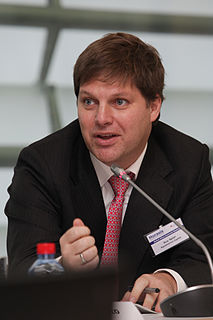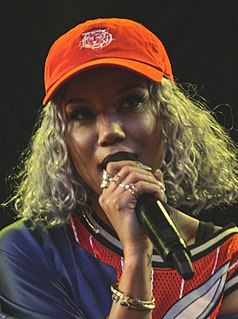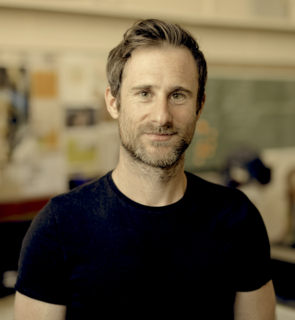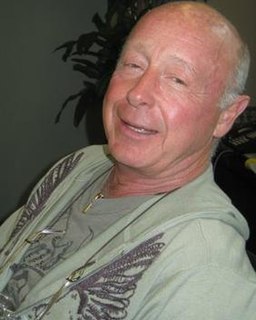A Quote by Jay Samit
I never understood why women wanted equality in the workplace when in fact, that would be selling them short.
Related Quotes
The original feminists wanted two things. They wanted the right to vote, from which we could work to get more equality. And we have made progress. We did pass the anti-discrimination law, Title 7, Title 9, equality in the workplace, equality in education and in sports and in all these other areas. But enforcement is very hard. Changing stereotypes is very hard.
Whenever women have insisted on absolute equality with men, they have invariably wound up with the dirty end of the stick. What they are and what they can do makes them superior to men, and their proper tactic is to demand special privileges, all the traffic will bear. They should never settle merely for equality. For women, "equality" is a disaster.
I never really understood the idea that nonfiction ought to be this dispensary of data that we have at the moment. Also, roughly around the time we were doing this fact-checking. And I never really understood why people think what nonfiction's job is to give them information as opposed to something else.
I do not use short selling. The fund has not shorted a stock since the 2002 to 2003 time frame. At that time I did short three stocks, on which I broke even on two and made money on one of them. The experience taught me that I was not going to be using short selling going forward for a slew of reasons.
I've always been such a fan of short films - in fact, I never considered that I would actually make a feature. I just thought I wanted to make shorts for the rest of my life. They are a lot harder to have shown and a lot harder to find and see as an audience, but I don't know. It's just a form that I really love. I was just making them for the process, but ultimately, I did get them into festivals, and they did end up on television, and they had as much of a life as short films can.
They [Oneida people] didn't want to fix problems one at a time. If someone invited them to a feminist convention, their answer would have been, 'In the new world women will have total equality, so lets spend our energy creating that whole new world.' And to their credit, the women at Oneida probably had far greater practical equality than what any of the women gathered at Seneca Falls experienced in their lifetimes.



































